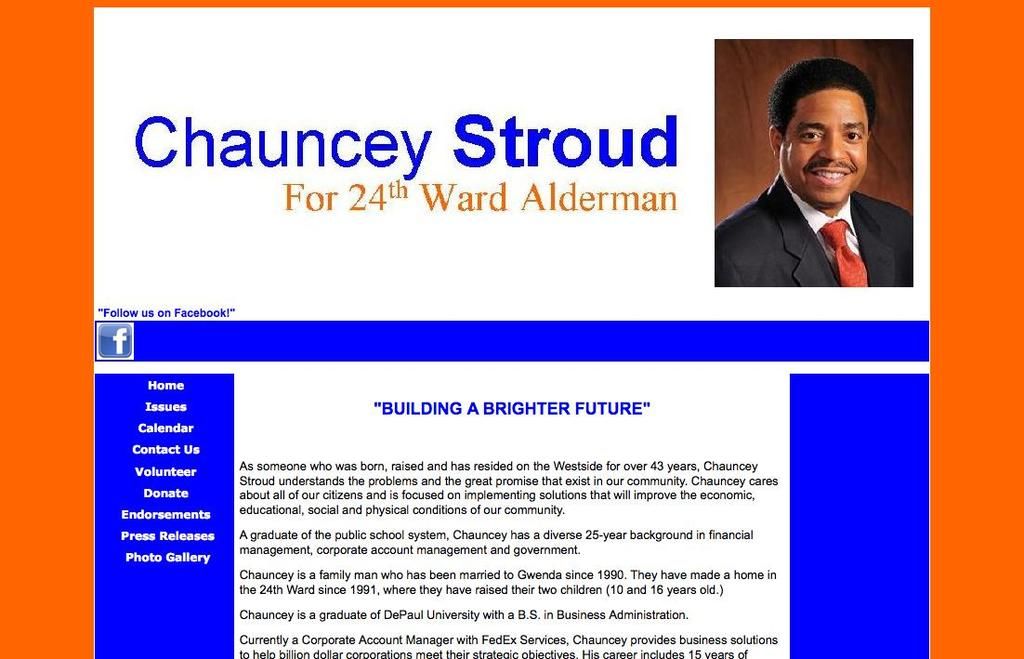Navigating the Ethical Maelstrom: A Guide for Arts Organisations in a Polarised World
Addressing the Moral Dilemmas in the Creative Sphere: Strategies for Ethical Change
In today's charged climate, arts organisations face a daunting task: balancing the pursuit of artistic freedom with the creation of safe and inclusive spaces. Should they prioritise artistic expression, or strive to avoid divisive issues and potential offence? The truth is, both objectives often seem at odds. Nevertheless, arts leaders across the nation grapple with this conundrum, sleepless nights in tow.
Rightly or wrongly, arts organisations are under increasing pressure to promote both artistic freedom and security. Some voices call for organisations to put safety first, at the expense of expression. The challenge lies in satisfying both values, or even trying to do so without stumbling and sparking a costly public backlash.
The tension between artistic expression and safety has been longstanding, but in today's fractured world, it's a battlefield. Topics like the Israel-Palestine conflict inflame communities and erode trust. What once might have been greeted with tolerance now looks like an endorsement of violence. An artist's off-the-cuff remark in support of a cause now risks being labelled as hate speech. This inflammatory environment has led to calls to lower the safety bar and encroach upon artistic expression.
So, how can arts organisations fulfill their mission in such a fragile world? The solution lies in strengthening their ethical foundations. This can be achieved by formally adopting a clear and well-defined set of values and principles - a moral compass - to serve as the ultimate standard for judgement when individuals make decisions on behalf of their organisation.
Grounded in these principles, organisations can foster better decisions, avoid rash decisions driven by fear or convenience, and justify their choices more effectively in the public sphere. Critics may still voice disagreement, but even the most jaded onlooker can't help but acknowledge the consistency and integrity of an organisation with a strong ethical framework.
Arts organisations are not one-size-fits-all entities. Leaders and staff will naturally have varying opinions on what is good, bad, right, or wrong. While individuals have the right to decide whether or not they work with or support a specific organisation, no person can impose their personal beliefs on their colleagues. Thus, organisations must have internal processes that accommodate diversity, while coalescing around a single, unified set of values and principles.
To avoid the subversion of shadow values and principles that can arise when actions contradict stated values, organisations must be aware of them and redirect their culture toward promoting their stated values and principles. This requires introspection and enlightened leadership.
This work is no small feat, but it is attainable. I have witnessed its realization firsthand, working alongside various arts organisations to help them understand the values and principles they wish to champion. By workshopping various scenarios, we put their decision-making processes to the test.
What would they do if an artist they programme posts inflammatory content on social media a week before they're due to perform? What about a controversial piece from a decade ago? Where do they draw the line in terms of expression, and what are they willing to defend? What if a high-profile donor threatens to pull funding if they don't deplatform an artist they object to? How should they manage an artist who uses the platform they provide to make political commentary unrelated to their work?
The organisations I've worked with have answers to these questions. These answers might not appease everyone, and they may involve compromises, but they are consistent with the values and principles that drive these organisations.
No single correct answer exists for many of the ethical challenges arts organisations face, but there are better and worse answers. A robust ethical framework and decision-making processes won't shield arts organisations from controversy, but they will help them dodge much of it, and respond with integrity to whatever trials they face.
If you're an individual or organisation facing a thorny workplace dilemma, The Ethics Centre offers a range of free resources to aid this process. We also provide customised workshops, consulting, and leadership training for organisations of all sizes. Email consulting@our website to learn more.
Sources:1. Ethics in the Arts - National Arts Centre. (n.d.). Retrieved April 11, 2023, from https://nac-cna.ca/en/explore/ethics-in-the-arts2. Allcott, H., & Sriederskaite, K. (2017, November 9). The Ethical Costs of Online Hate. The New York Times. Retrieved April 11, 2023, from https://www.nytimes.com/2017/11/09/opinion/github-august-kompa-berlin-wall-violence.html3. Kaufman, J. (2021, March 23). Controversy, Community and the Arts: Why Art Matters. Arts and Cultural Alliance of Sarasota County. Retrieved April 11, 2023, from https://sarasotaculture.org/feature/controversy-community-and-the-arts-why-art-matters/4. Maira, S. (2021, March 17). How England Paint's Hate Speech Laws Could Affect American Art, Bloomberg Law. Retrieved April 11, 2023, from https://news.bloomberglaw.com/us-law-week/how-england-paint-s-hate-speech-laws-could-affect-american-art5. Tapscott, D. (2022, March 24). The ethics of inclusion in the arts. LinkedIn. Retrieved April 11, 2023, from https://www.linkedin.com/news/the-ethics-of-inclusion-in-the-arts-3031166/
Arts organisations, in the charged climate of this polarised world, must navigate the delicate balance between artistic expression and safety, guided by a strong ethical framework. This framework, founded on unified principles and values, serves as a moral compass, helping leaders make decisions with integrity and consistency.
Even in the face of dissent, an organisation with a robust ethical framework is more likely to command respect and trust from observers. However, diversity of opinion within organisations necessitates internal processes that accommodate this diversity while fostering cohesion around a single set of values.
To prevent shadow values from eroding the stated values, regular introspection and enlightened leadership are crucial. This ongoing process involves reevaluating decisions, questioning potential contradictions, and continuously advancing the organisational culture.
For individuals or organisations facing ethical dilemmas, resources such as workshops, consulting, and leadership training are available from The Ethics Centre, aiding in the development of robust ethical decision-making processes.






